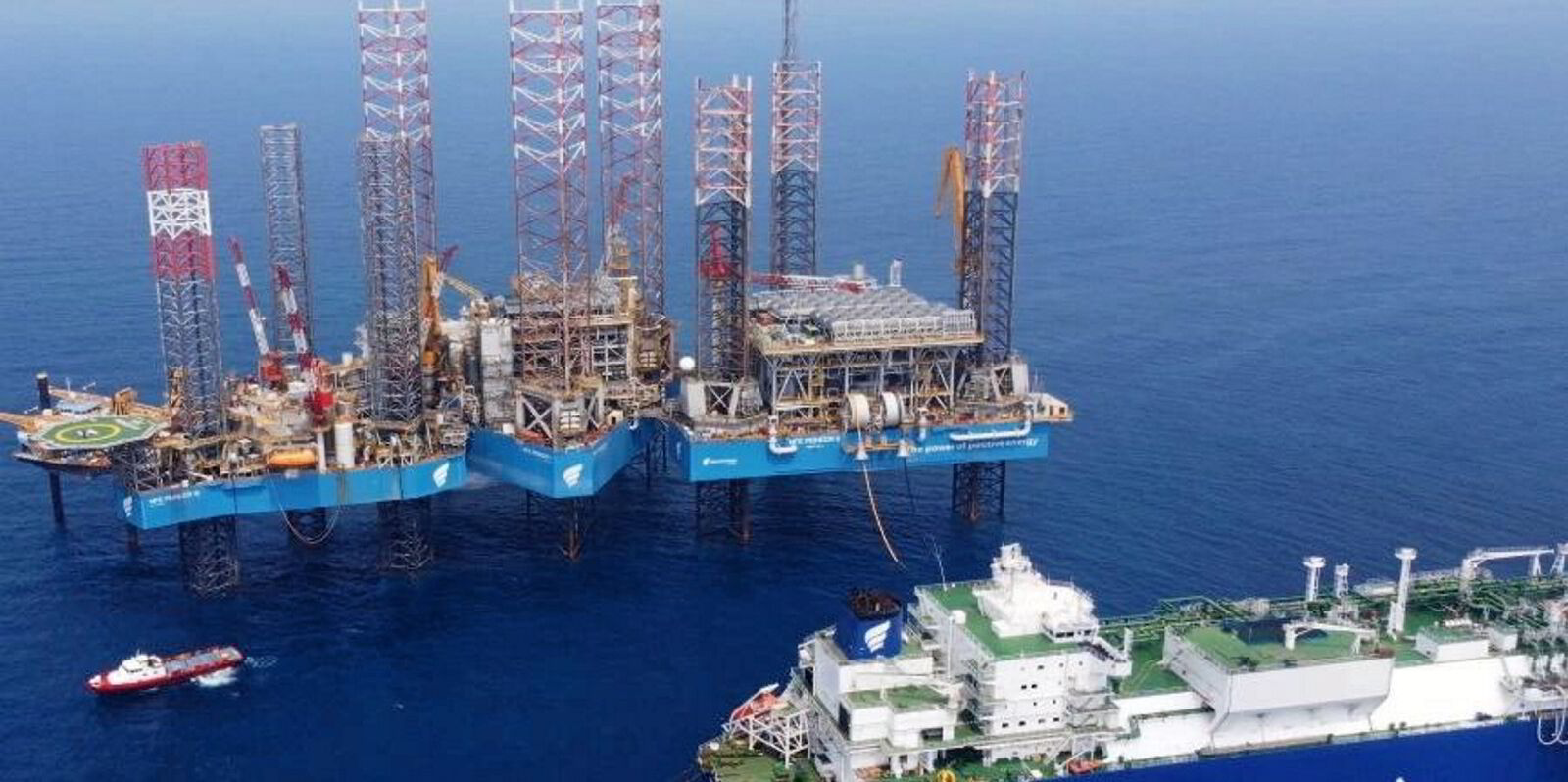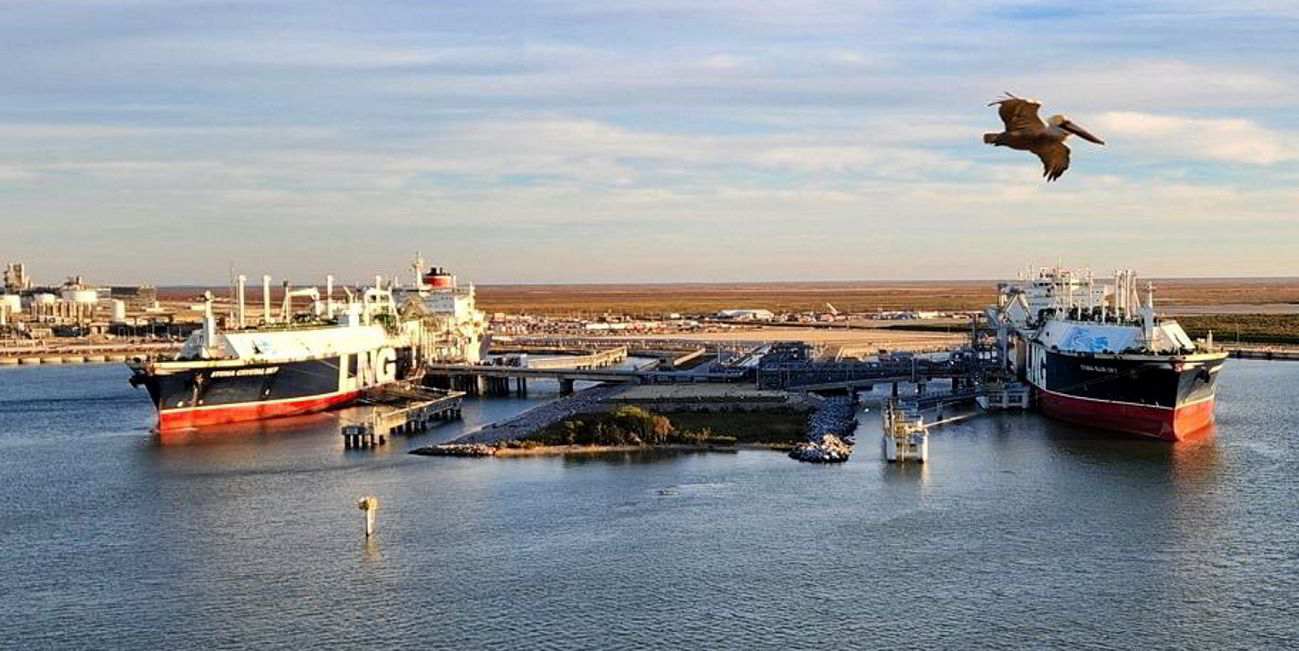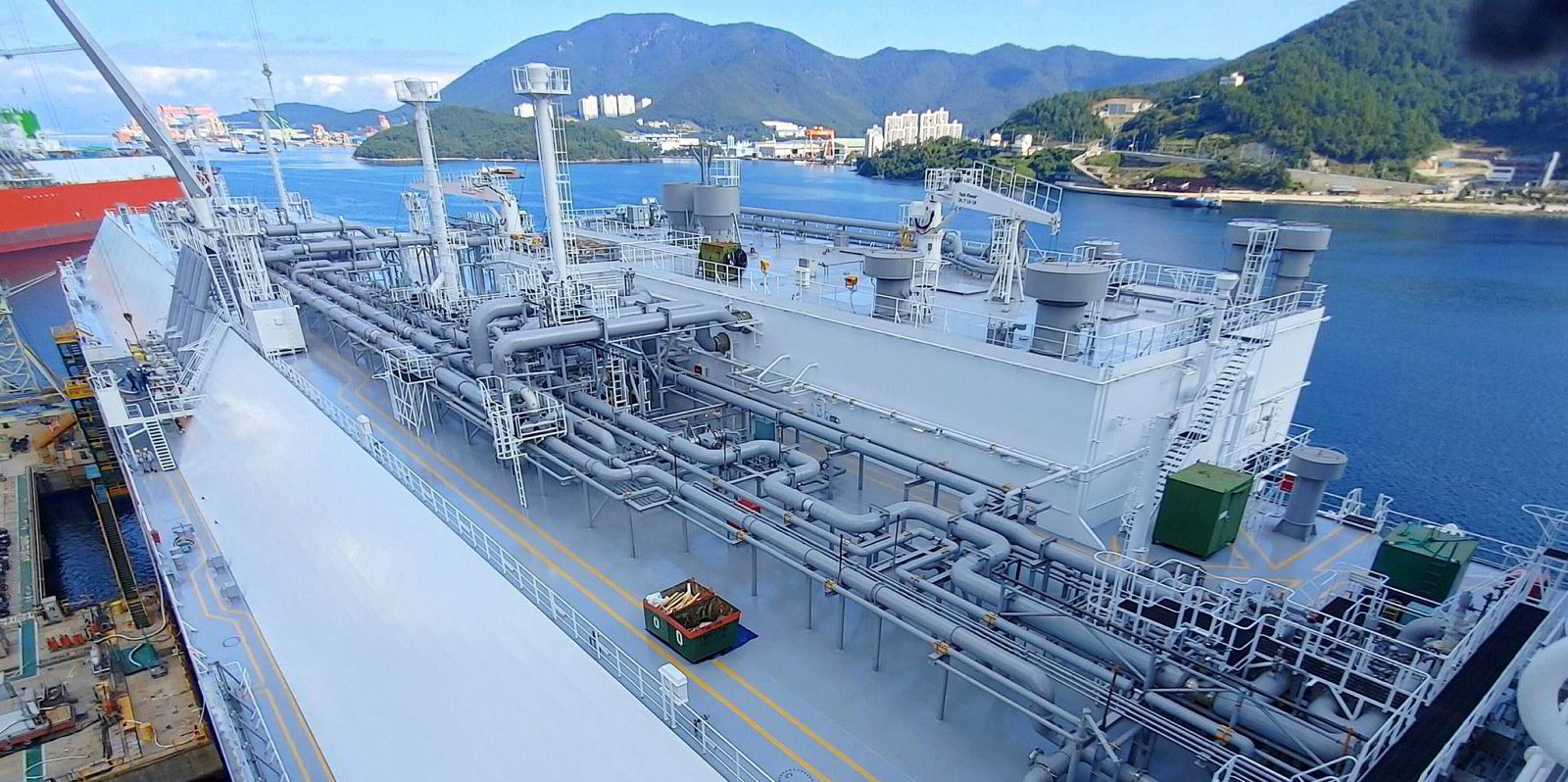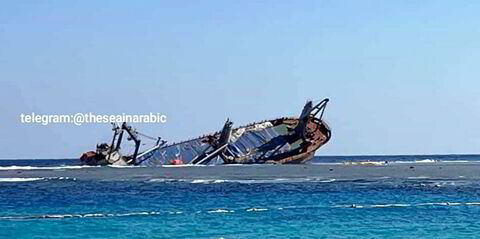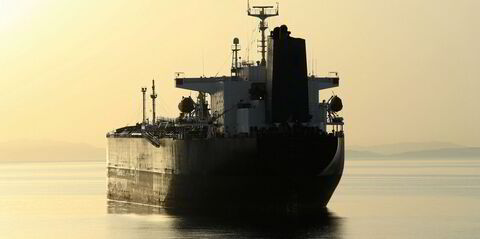Developers of LNG projects in the US may have to wait until well into 2025 to see how a new administration plans to tackle the permitting pause on new liquefaction projects imposed by the Biden administration in January.
Speaking on a webinar, Poten & Partners senior LNG analyst Sergio Chapa said LNG is not one of the issues on the campaign trail.
He said: “If either candidate wins, we think these delays will continue.”
Chapa pointed to the months needed to appoint a new energy secretary and staff at what he described as a small, overworked regulatory office.
“We are looking at the second quarter, maybe, before they can start touching these things again in any meaningful way,” he said.
Poten head of business intelligence Jason Feer is not entirely clear that the November presidential election will bring further clarity.
He said several projects may need to reapply for their permits due to the time delays.
Higher costs are adding to the pressure on US projects, Feer said, highlighting methane emission fees — which kick in at $900 per tonne of emissions, rising to $1,200 per tonne in 2026 — and rising engineering procurement and construction costs.
“The more it is delayed, the less competitive it becomes,” he said. “All these problems have a real dollars and cents impact.”
Feer said some environmentalists are signalling that they are prepared to take a more aggressive stance on LNG, and they are likely to be more focused on the US, where they could have greater impact than in other jurisdictions.
Chapa said opponents of these projects will be increasingly sophisticated.
Feer said all these aspects have tightened up Poten’s expectations of what the market will look like.
He said that if the US cannot build new liquefaction, then others will, citing the decisions to move forward on Ruwais LNG in Abu Dhabi and Qatar’s latest expansion project.
Some offtakers that have signed agreements with US projects are now looking to get out of them, he said.
Poten senior adviser Gordon Shearer pointed out that the Federal Energy Regulatory Commission has said in a draft policy document that it can only rule on the LNG projects alone, leaving the Department of Energy responsible for the upstream and downstream aspects.
If this change goes through, “we are going down a very big rat hole with no end in sight”, he said.
Feer dismissed New Fortress Energy’s recently awarded permit that will allow the company to start exporting US gas as LNG from its planned onshore project in Altamira, Mexico as a “one-off”.
He said the permit issued is for only five years, when New Fortress had asked for it to run until 2050.
In the current situation, the winners are the projects that can self-finance or already have their set of permits, according to Chapa. Those that need 20-year financing are already being delayed into next year.
Speaking about existing liquefaction developers that have projects running and can “debottleneck”, Shearer added: “The existing incumbents are in a fantastic position.”

